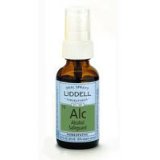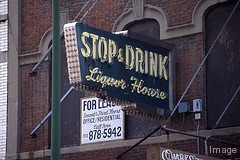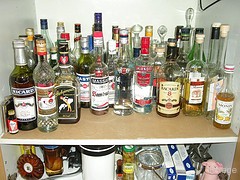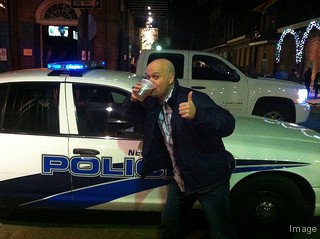There are millions of people in the US with an alcohol abuse problem. The vast majority of them will not even admit they have a problem. However, once there is the recognition that one is an alcoholic and a person sets a firm goal to stop drinking, they can begin their journey on the path to sobriety and a normal, healthy life. For those willing to undertake this journey, there are a variety of therapies that can help them reach their destination.
For the most severe alcoholics, a visit to an alcohol detoxification center is highly recommended. If a person if highly addicted to alcohol, they can potentially die from withdrawal symptoms. As a result, there are many inpatient rehab centers specially designed to deal with these adverse withdrawal symptoms. Often the patient will receive sedatives to help them deal with the major alcohol side effects on health such as shaking, impaired speech, dizziness, nausea, vomiting, depression, severe ataxia, unconsciousness, and hallucinations. The process generally takes two to seven days.
For people who have much less severe conditions, there are more options available to help. Psychological counseling can be very helpful in helping one to get off the habit. This can be done in a one-on-one situation with a licensed therapist, friends, or with family members. The latter can be particularly effective if there are some interpersonal issues that are contributing to the alcoholism. A psychological counselor can suggest ways of setting concrete goals, establishing new habits, and avoiding people, places, and situations that reinforce the need to drink.
Hypnosis can be an effective way of helping one to control his urge to drink. It is known that many of our bad habits are caused by our subconscious mind, and that a willful act or attitude from the conscious mind is not always enough to overcome these habits. By implanting carefully worded suggestions in a state of deep relaxation, a hypnotherapist can essentially reprogram a person’s subconscious to get into line with the conscious goal of living a sober lifestyle.
Alcoholism support group therapy such as Alcoholics Anonymous (AA) has been shown to be highly effective in transitioning someone to a sober lifestyle. In these groups, others share their struggles to cope with the habit, share things that have helped them, and provide positive reinforcement. As it is known that peer pressure can play a role in drinking, the group support can provide a powerful influence to counter negative social relationships one might have. This can be particularly true if difficult life circumstances pop up that tempt person to drown his feelings back in a bottle.

There are also a variety of stop drinking medications that can help ease along the recovery process. Antabuse (disulfiram) is one drug you can take as a powerful deterrent to drinking. When one is on this medication and one drinks, the body will experience a dramatic physical reaction such as a headache or vomiting. These provide important negative reinforcements against taking that drink, and can offset a lot of the positive psychological triggers that kick in when one drinks.
Revia (naltrexone) is another drug that can be quite useful to a person looking to stop drinking. In addition to providing a negative stimulus when someone takes a drink, this drug tends to remove the positive feelings an alcoholic experiences while drinking.
Campral (acamprosate) is another pharmacological alternative which only serves to block the positive feelings from drinking, but does not result in negative side effects if a drink is taken. As a result, many patients might feel more comfortable taking this knowing that they might not feel like crap if they fall off the wagon, although this approach might not be as effective as the other agents.
Of course, these medications listed above only work if they are taken on a regular basis. As one might expect, an alcoholic might be tempted to go off such medication, especially if they experienced one of those nasty side effects from taking a drink. For this reason Vivitrol was developed. This a long lasting injection of naltrexone. A doctor will typically administer one of these shots once per month, which will should dramatically increase compliance, and thus the effectiveness of the pharmacological remedy.
Sometimes, alcoholism is a result of another more severe psychological problem. As a result, to effectively control the alcoholism, one will need to treat the underlying condition that reinforces the alcohol addiction. These conditions could include depression, bipolar disorder, or anxiety. Psychological counseling or medical intervention would likely be needed to solve these issues.
The path to sobriety is not an easy one. Luckily with the advance of modern medicine and a better understanding of human psychology, we now know a lot more about effective methods to stop drinking. The key is to take that first step and commit to taking some action, while getting the support of others in following through with the new lifestyle.


